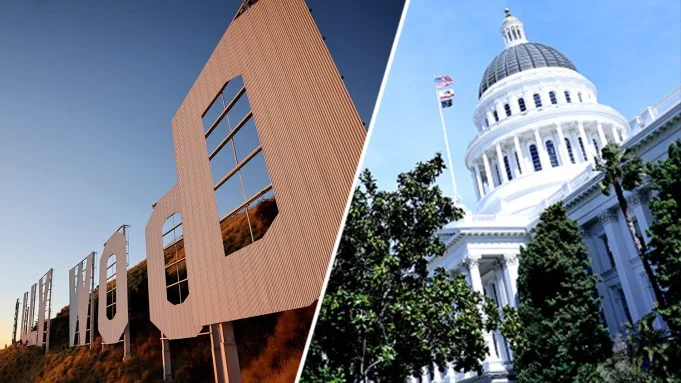
Can California’s Film Industry Be Saved? Inside the Heated Tax Credit Debate
California is on the brink of a transformative decision regarding its film and television production landscape. With numerous positions hanging in the balance and the industry’s future at stake, the recent developments surrounding the Film and Television Tax Credit Program are drawing significant attention. The ongoing discussions and proposed changes could either revitalize California's entertainment capital or deepen its decline.
On Tuesday, the California Assembly's Arts, Entertainment, Sports and Tourism Committee voted positively on Assembly Bill 1138, a key piece of legislation aimed at modernizing the state’s film incentives. Authors of the bill, Assemblymembers Rick Chavez Zbur and Isaac Bryan, see it as a necessary step to maintain California’s competitive edge in the entertainment industry. "California’s film and television industry isn’t just part of our cultural identity—it’s an economic powerhouse that supports hundreds of thousands of good-paying jobs," remarked Zbur, highlighting the stakes involved. The proposed measures aim to increase the state’s incentive cap from $330 million to an ambitious $750 million annually.
Moreover, the bill aims to broaden the definition of eligible productions. It aims to redefine qualifying works to include not just traditional films but also shorter series and animated features, allowing more productions to benefit from tax incentives. In essence, productions that average 20 minutes per episode could qualify, a shift from the previous 40-minute requirement. This change is seen as essential in attracting sitcoms and other half-hour shows back to California, which have been dwindling in recent years.
The committee's supportive vote signifies the desperation of Hollywood’s workforce as they continue to fight for their jobs amidst fierce competition from states like Georgia, which have no cap on their incentive programs. Governor Gavin Newsom has emphasized the urgency of these reforms, allowing for a substantial tax credit increase to support the industry during challenging economic times. Aspects of the bills are highly endorsed by local production workers, as more than 100,000 letters were sent to Sacramento urging legislators to act.
However, the path ahead is not free from criticism. Some lawmakers have expressed concerns over potential "race to the bottom" implications if California overly raises its incentive thresholds, putting financial strain on neighboring states and potentially leading to employment instability rather than security. Proponents like Committee Chair Christopher Ward, however, strongly advocate for the benefits that the bills promise — claiming they will sustain local jobs rather than primarily fatten corporate profits.
L.A. Mayor Karen Bass also weighed in during her recent State of the City speech, where she implored lawmakers to triple the current subsidy of $330 million. "Let’s bring Hollywood back," she stated, further amplifying the urgency for legislative change. This plea coincides with the pressing issue of city finances, which threaten the livelihoods of many due to budget shortfalls.
As the legislative process continues with anticipated votes upcoming for a companion bill, Senate Bill 630, industry leaders and local unions remain hopeful for a favorable outcome that promises to breathe new life into California's once-dominant film and television sector. Will these legislative efforts succeed in anchoring the industry for generations to come, or are they simply postponing an inevitable decline?
As discussions unfold, many in the industry express eagerness to see concrete results. What do you think about the proposed changes to California's tax credit framework? Do they represent opportunity, or are they a band-aid solution? Share your thoughts below.